full service loan experience
EXPLORE Reverse Mortgage SOLUTIONS
Unlock the benefits of a reverse mortgage, allowing homeowners aged 62 and older to convert home equity into cash while maintaining homeownership and financial independence.
Is a Reverse Mortgage Right For You?
IS IT RIGHT FOR YOU?
Considering ways to enhance your financial stability during retirement? Our reverse mortgage might be the perfect solution! This option allows homeowners aged 62 and older to convert their home equity into cash while retaining ownership and achieving financial independence.
Why might you choose a reverse mortgage? It offers a flexible way to supplement your income, cover healthcare expenses, or improve your quality of life without monthly mortgage payments.
Who can benefit from a reverse mortgage?
- Homeowners 62 and older seeking additional income
- Homeowners wanting to leverage their home equity
- Homeowners looking to eliminate monthly mortgage payments
Whether you’re planning for retirement or need extra funds, we’re here to help you explore reverse mortgage options that suit your needs. Let’s secure your financial future together!
Reverse Mortgage
Benefits And Requirements
What is a Home Equity Conversion Mortgage (HECM)?
A Home Equity Conversion Mortgage (HECM) is a type of reverse mortgage that is specifically designed for homeowners aged 62 and older. It allows them to convert a portion of their home equity into cash, which can be used to support their financial needs during retirement. Unlike traditional mortgages, HECMs do not require monthly mortgage payments, and the loan is typically repaid when the homeowner sells the house or no longer lives in it.
What are the Benefits of a HECM Loan?
A Home Equity Conversion Mortgage (HECM) offers several advantages:
- Remain in Your Home: Access funds without needing to sell your property.
- Flexible Loan Options: Choose between adjustable or fixed-rate loans.
- Versatile Fund Access: Receive funds as a line of credit with growth potential, a lump sum, monthly payments, or a combination.
- Leverage Home Equity: Utilize the equity accumulated over years of mortgage payments.
- Financial Independence: Maintain or enhance your financial stability and self-reliance.
What's the Difference Between a HECM and a Reverse Mortgage?
A Home Equity Conversion Mortgage (HECM) is a type of reverse mortgage insured by the FHA, designed for homeowners 62 and older to access their home equity. It was established in 1988 and follows the FHA’s national maximum claim amount, currently $822,375 for 2021.
A proprietary reverse mortgage, on the other hand, is offered by private lenders and was first created in 1961. These loans are available to those 60 and older and can have loan amounts up to $4 million.
Both options allow access to home equity, but differ in eligibility criteria and loan limits.
Eligible Properties for a HECM
To qualify for a Home Equity Conversion Mortgage (HECM), your property must meet FHA eligibility standards and be one of the following:
- Single-family home
- 2–4 unit home
- FHA-approved condominium
- Manufactured housing on a permanent foundation
Reverse Mortgage Considerations
Mortgage Counseling
Before applying for a HECM, you must consult a HUD housing counselor to determine if it suits your situation. Contact us for a list of counseling agencies.
How Repayment Works
A HECM becomes due when you pass away, sell your home, or move out. Your heirs can repay the loan by selling the home or refinancing the HECM.
Your Responsibilities
You must pay property taxes, homeowner’s insurance, and keep the home in good condition.
download
home buyer workshop
Curated buyer resource to help guide you in purchasing your home.
Buyer Workshop
Working with E3
Reviews
Connect with E3 Realty & Loans
Ready to take the next step in buying a home?
Let's schedule a meeting! During this initial consultation, we'll learn more about your situation and what you're seeking in a home. We'll provide advice and address any concerns you may have in order to determine the best approach to achieving your goals. By the end of our conversation, we'll have a solid plan of action and next steps for moving forward.



